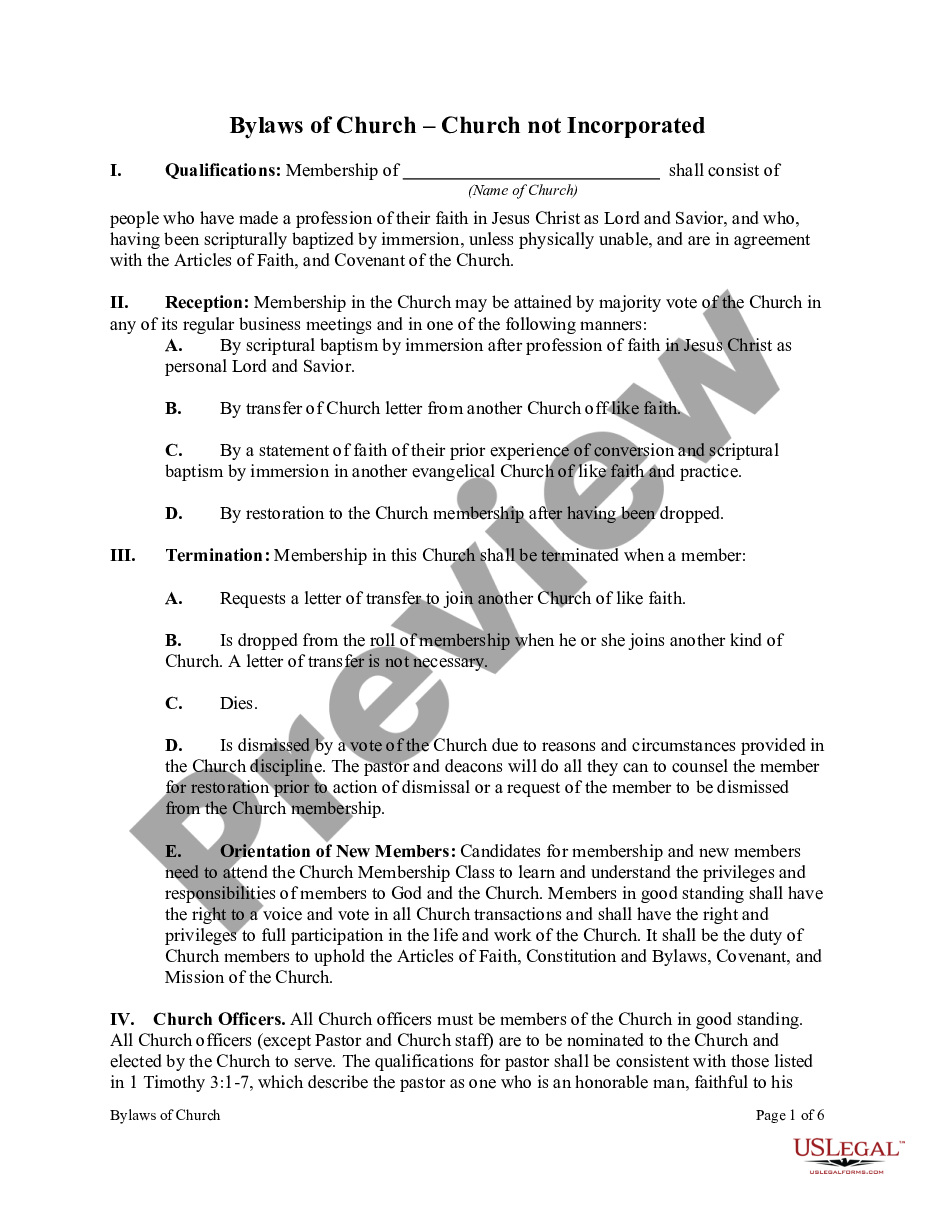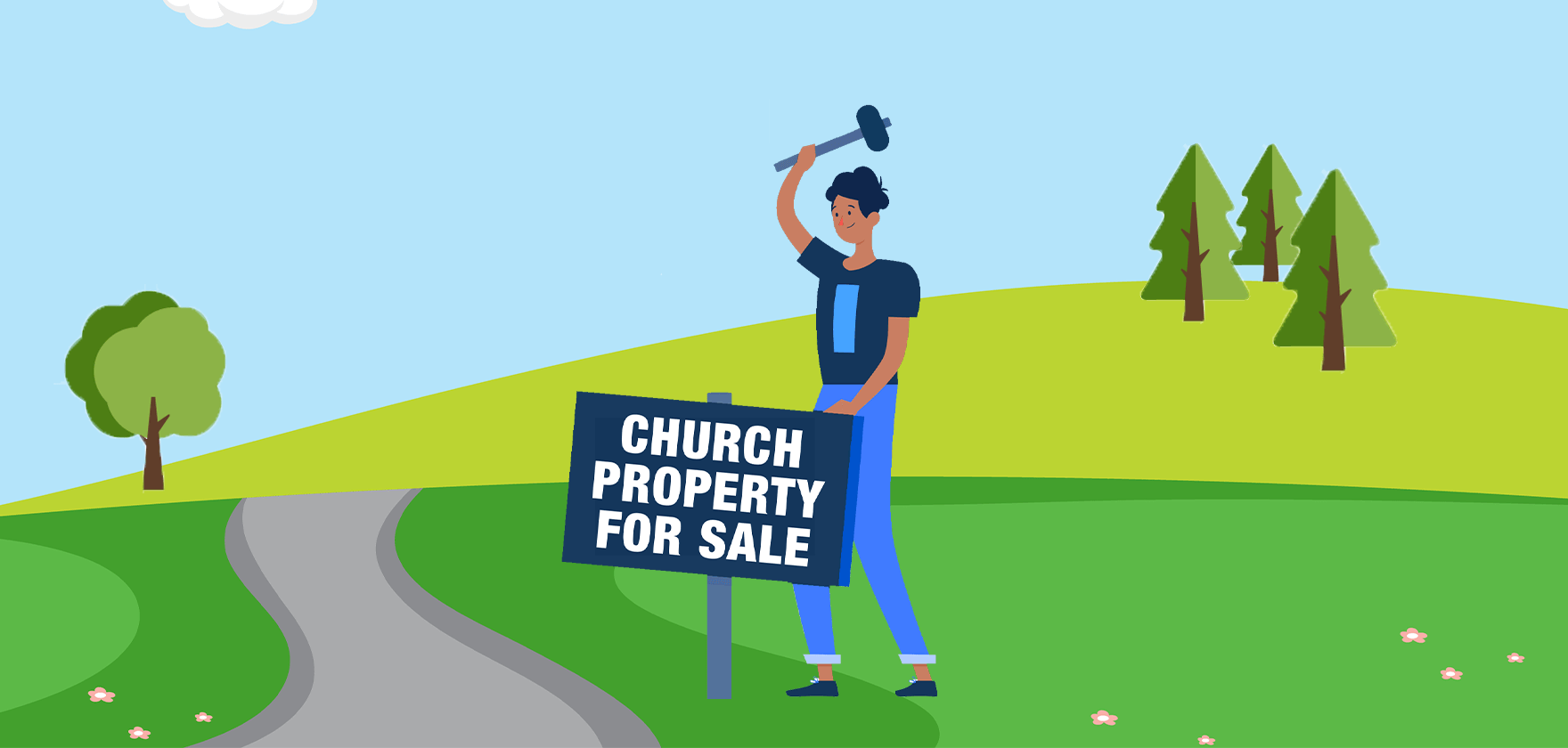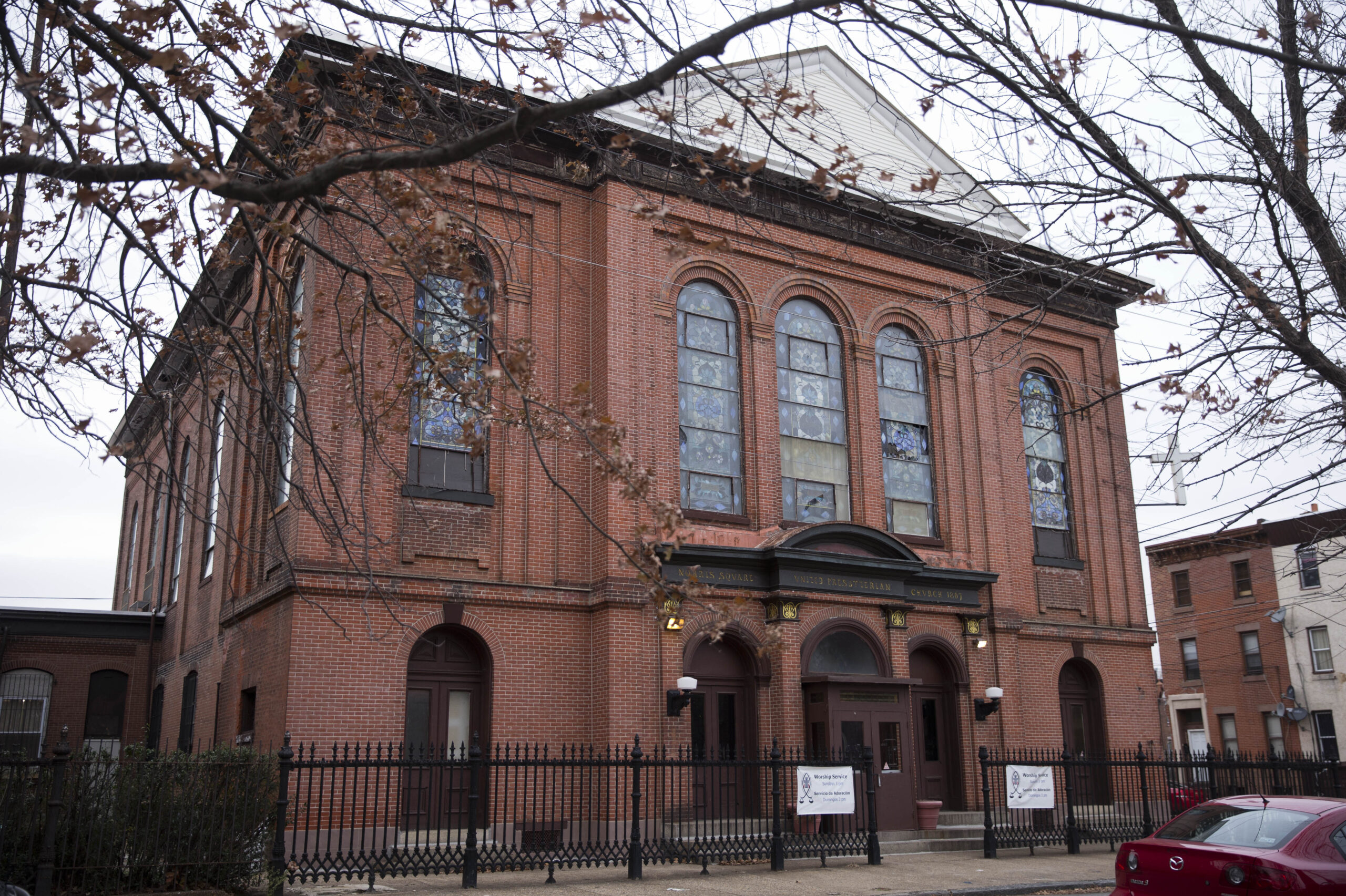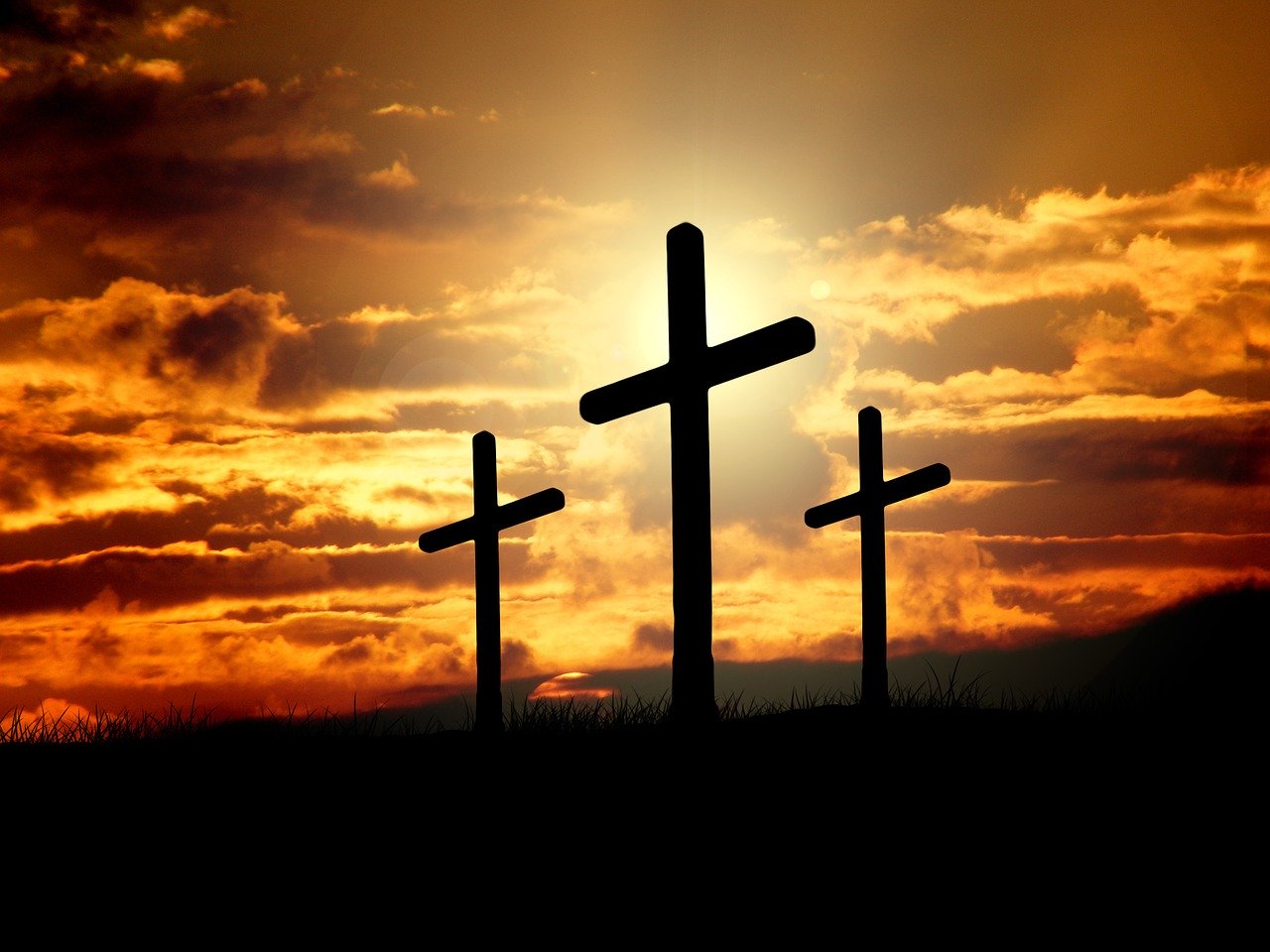Church bylaws are a common fixture in many churches. They can provide guidance for church members, define the roles and responsibilities of church leaders, and more. However, do church bylaws have any legal weight? In this blog post, we will explore the legality of church bylaws and whether or not they are binding on church members. We will also discuss some factors to consider when drafting church bylaws and how to ensure that they are legally binding.
What Is A Church Bylaw?
Church bylaws are often created to govern the day-to-day operations of a church. These bylaws can include rules about how meetings are conducted, who can speak at meetings, and what kind of behavior is allowed in the church. While church bylaws are not legally binding, they can have a strong impact on how a church operates. If you have questions about whether your church’s bylaws are legal, you may want to consult with an attorney.
Are Church Bylaws Legally Binding?
Church bylaws are a set of rules and regulations that govern the operation of a church. These bylaws may be written or unwritten, but all churches must have them in order to legally operate. There is no one answer to this question as it depends on the jurisdiction in which the church is located.
Generally speaking, church bylaws are not legally binding, but may have some legal effect depending on the specific situation. For example, a bylaw requiring members to attend religious services may be unconstitutional in some jurisdictions, while a bylaw mandating financial contributions to the church may be constitutional.
Some states have statutes that specifically govern churches and their bylaws. In these cases, the bylaws of a church may be enforced as written, regardless of any inconsistencies with state law. Other states do not have such statutes, and any enforcement of church bylaws would likely depend on individual court decisions.
Generally speaking, if a church wants its bylaws to be legally binding, it will need to adopt them as an official document and file them with local or state authorities. However, even if a bylaw is adopted as an official document and filed with authorities, it may still lack legal force if it does not comply with state law.
The validity of church bylaws is a question that has been addressed by the courts. In general, courts will uphold church bylaws as long as they are reasonable and consistent with the church’s mission and purpose. However, if any part of a church’s bylaws is unconstitutional or illegal, that section of the bylaws may be invalidated.
What Are The Legal Requirements For Church Bylaws?
There is no set legal requirement for church bylaws, but most jurisdictions would likely find them to be legally binding if they are made in accordance with the applicable law. Generally speaking, church bylaws should be formal and written down in a clear and concise manner.
They should also provide specific details about the authority of the board of directors, the role of the pastor/leadership team, and the rules governing member participation. Finally, church bylaws should be made available to members for review and comment before they are adopted.
Case Law On The Issue
Church bylaws are typically created to govern the internal affairs of a church, such as membership policies and rules governing how church property is used. However, there is some case law which suggests that church bylaws may be legally binding.
In one case, a church argued that its bylaws were binding because they had been adopted at a meeting that was open to the public. The court ruled in favor of the church, stating that “the fact that the vote on adoption followed a conference devoted to lobbying members to support passage of the bylaw makes it clear that all members had an opportunity to participate in rendering their judgement on its merits.”
In another case, a small Protestant congregation claimed that its bylaws were binding because they had been approved by its board of trustees. The court rejected this argument, stating that “the Trustees did not have standing to adopt [the bylaws] and thus could not bind the congregation.”
As with any legal document, church bylaws are not automatically binding. In order to make them legally binding, the bylaws would need to be passed by a majority of votes at a meeting or through an online vote. If you have any questions about whether your church’s bylaws are legally binding, it is best to speak to an attorney.






